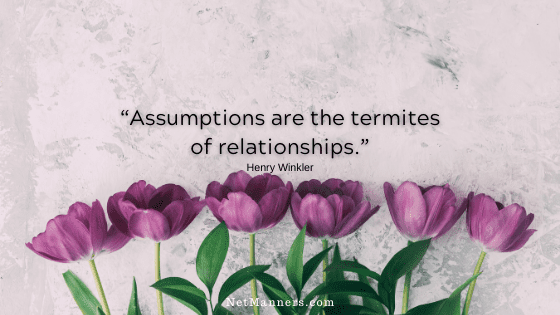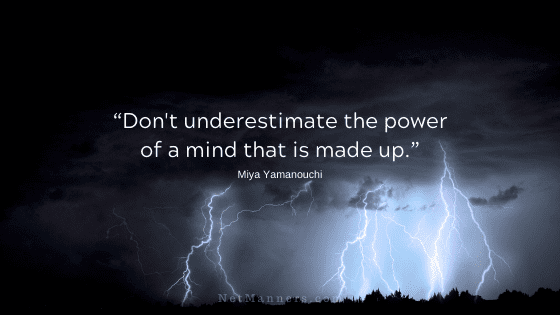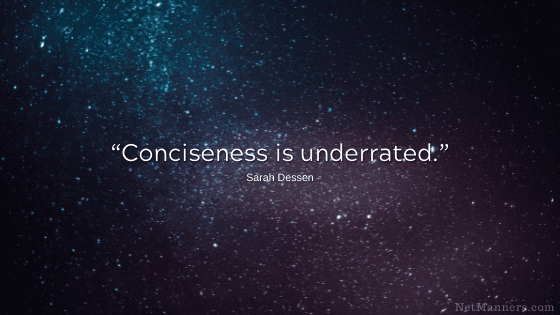Are You an Email Narcissist (or do you know one)?

What is a Narcissist?
A narcissist can be described as being self-centered, smug, and egotistic. From Dictionary.com:
So, based on the above, one can easily surmise what email narcissism is, right? And, if you look at some of the issues that cause you to pause by others who email you, it is usually because they are only thinking of themselves.
Or are you the narcissist?
It is common for site visitors to share with me some of the emails they have received to get my opinion or input, including threads that turned argumentative. On occasion, I can’t help but shake my head.
In one case, the recipient tried to take the high road. The sender was downright accusatory and nasty emails. They tried to explain their point of view adultly—void of emotion or return accusations.
The sender was so focused on scolding that they were not “listening” to the other side’s explanation. That’s narcissism.
Another case was clearly due to a misunderstanding and overuse of formatting. Subsequent emails stated, “I didn’t mean how you are taking this!”.
We’ve discussed that excuse before. “I didn’t mean…” is not a valid excuse. Narcissism once again.
The priority was to point out the effect of not being clear about our intent. Adding clarity would have only taken another sentence or two to avoid a misunderstanding.
The bottom line is that folks avoid communicating with, doing business with, and encouraging relationships with narcissists.
Not Considering the Other Side’s Perception
Nasty emails that I receive in my inbox from my email etiquette websites mostly come from those who reject the idea that they should have to think of others. Even stating that they “have the right not to.”
Wow. I feel sorry for onliners who think that way. If that’s not narcissism, I don’t know what is.
Yes, you have the right not to communicate as an adult with courtesy and understanding. Freedom of speech and all!
I agree — you do have the freedom to do or not do whatever you like. But understand that with those choices, you then have to accept the repercussions.
Regarding your email communications, it will behoove you to not just think about yourself or what you want to accomplish at that moment. Instead, think about how the other side will view your actions (or lack thereof) and words.
Read your emails out loud and make darned sure your intent — and tone — is clear. That’s on you.
Take a Breath and Take Your Time
Ignoring emails or quick, blunt replies can leave incorrect undesirable impressions. Then because you are in a hurry, assume what someone meant instead of asking. Well, you know what happens when you assume.
This is interactive technology. It isn’t a one-sided deal. Every email you send will be opened (you hope) and viewed by another human being on the other side.
In a civilized and educated society, common courtesy dictates that we think about how our actions will be perceived by and impact others. It’s just what good people do.
Not choosing your words carefully, not taking the time to include a greeting and closing, exposing others’ addresses, and typing in cryptic thoughts instead of correctly spelled and structured sentences indicates that the sender is only thinking of themselves.
Ironically email narcissism doesn’t have to exist at all. Minuscule time and effort are all it takes for everyone to stop and take a moment to think of the other side when we are creating and responding to emails.
Are you in?






